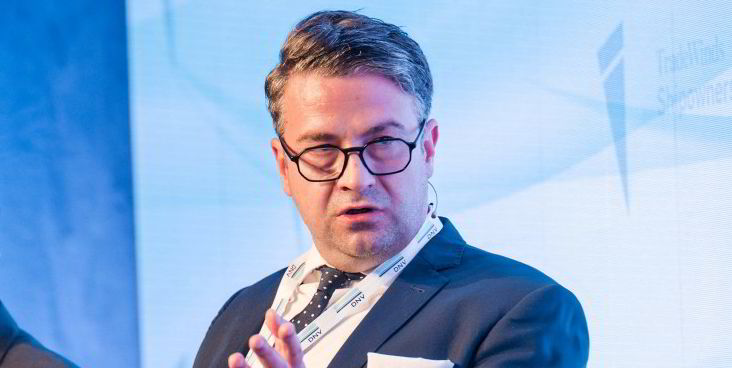The move towards retrofitting existing vessels to run on green methanol is going to cause a change in the way shipowners do business.
This is according to shipbroker Alex Karydis, director of chartering and sale and purchase at Germany’s Hanse Bereederung, who forecasts a “paradigm shift” from spot deals to term charters.
He sees the surge in methanol-capable newbuilding orders as a clear indication of the maritime industry's eagerness to embrace this fuel alternative.
And as owners look to convert vessels as well, shipping companies need more security for their investments, the broker argues.
Big players like AP Moller-Maersk are able to buy up supplies of the scarce fuel.
“But it’s not just about money,” Karydis told TradeWinds.
To make the upgrades work, owners also need to negotiate and sign long-term time charter agreements with their clients, the broker said.
“These agreements help create stability and reduce the risks that come with upgrading ships. This chartering arrangement between ship owners and charterers becomes really important in this particular situation,” he added.
“Only by working together can they both benefit from a sustainable approach,” the broker said.
The dynamics of ship operations will also undergo a transformation, Karydis believes.
Concepts like slow steaming, voyage optimisation and weather routing will be vital.
New parameters
“These strategies demand a collection of parameters that redefine the way ships navigate oceans. The emphasis also shifts from spot cargoes, which are inherently short-term and volatile, to long-term contracts that ensure the financial feasibility of retrofitting,” he said.
“This point may have future ramifications for the selection of chartering contracts because this realignment has broader implications for the maritime industry’s ecosystem,” Karydis added.
The prevalence of retrofitted ships underlines a shift from the spot market, which thrives on quick-turnaround cargoes, to a more structured and sustainable approach, he told TradeWinds.
“As owners invest heavily in retrofitting engines and commit to long-term contracts, spot cargoes become less feasible and less attractive. This reorientation may signify a fundamental transformation in the business model: environmental consciousness combined with economic viability,” the broker concluded.




